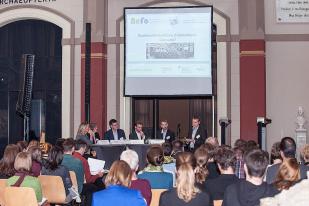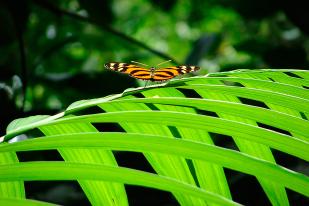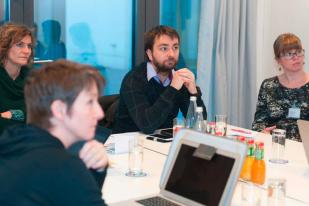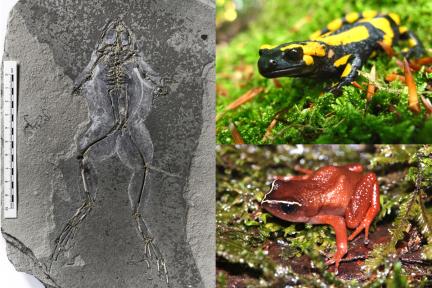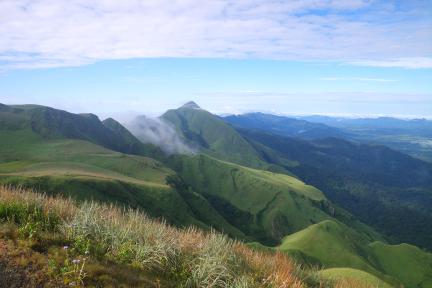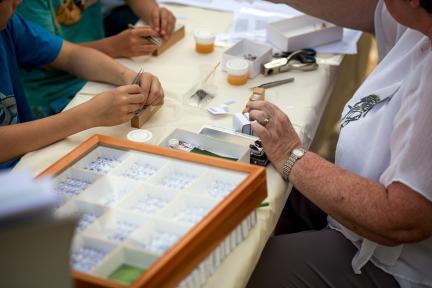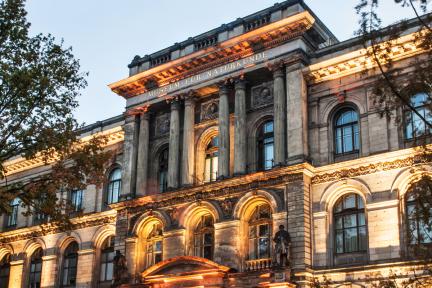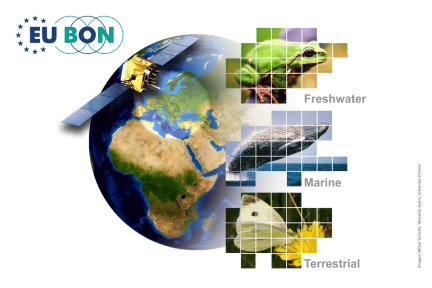Advising
The Museum engages in policy advice at various levels – from the chairmanship of advisory boards to the European Commission to informal administrative assistance to public offices and workshops at the International Science-Policy Platform on Biodiversity and Ecosystem Services (IPBES). Advice to policy makers uses a variety of entry points: from local to international and from informal to formal. The Museum is active in all such activities. The Director General Johannes Vogel was appointed Chair of the Open Science Policy Platform by DG Research & Innovation of the European Commission to steer the stakeholder platform and to help to form consensus around Open Science policy recommendations for the Intergovernmental Competiveness Council of EU Science ministers and the EU commission and since then continued as a member of a platform. In late 2018, Johannes Vogel was appointed to the German High-Tech Forum, which advises the development of a High-Tech Strategy 2025 of the Federal Government and he served as Deputy Chair of the German Bioeconomy Council. The latter advises the Federal Government on the implementation of the "National Research Strategy Bioeconomy 2030" and the "National Policy Strategy Bioeconomy" in order to create scientific, economic and political frameworks for a bio-based economy.
The Museum applies its expertise to policy advice through the establishment of or the strengthening networks. The Leibniz Research Network Biodiversity, chaired by Johannes Vogel, wants to strengthen relevance and impact of biodiversity science in and for the Leibniz Association and advises nationally on the implementation of the Nagoya Protocol. For example, member institutions played a major role in the joint statement of the Alliance of German Science Organisations on the Use of Digital Sequence Information of Genetic Resources under the Nagoya Protocol published in early 2018. Within the framework of NeFo (German science-policy interface for biodiversity research), Katrin Vohland and her team engage with policymakers at IPBES and organizes workshops for stakeholders to support observer organizations, as well as contributing to national capacity building. The Deputy Director General Christoph Häuser is Vice Chair of the Global Biodiversity Information Facility (GBIF), which was established following a recommendation by the OECD as an international network and research infrastructure providing biodiversity occurrence information.
In less formalized settings, Museum experts frequently assist public authorities on a broad range of issues, ranging from compliance with CITES to data standards or collection contingency planning. The Museum collection staff advise, for example, the Customs Office and the State Office of Criminal Investigations (department of environmental crime) on issues related to compliance with the Convention on International Trade in Endangered Species of Wild Fauna and Flora (CITES) or the German Federal Species Protection Ordinance (Bundesartenschutzverordnung). Their expertise has been requested to identify material (e.g. ground and polished coral materials, shark jaws, snakes, ivory jewellery boxes) as well as live animals. The Federal Agency for Nature Conservation (BfN) was advised on standards for the data exchange on species observation data. The Federal Ministry for Education and Research (BMBF) regularly consults with Museum experts regarding open science and citizen science. The Foreign Ministry asked for recommendations on emergency action in natural history collections after the devastating fire in the national museum in Rio de Janeiro. Applying their expertise on panels, Museum scientists have also advised Federal Agencies, such as the German Environment Agency (UBA), on a range of topics ranging from nuclear waste storage, open science and communicating scientific results to biodiversity monitoring.
